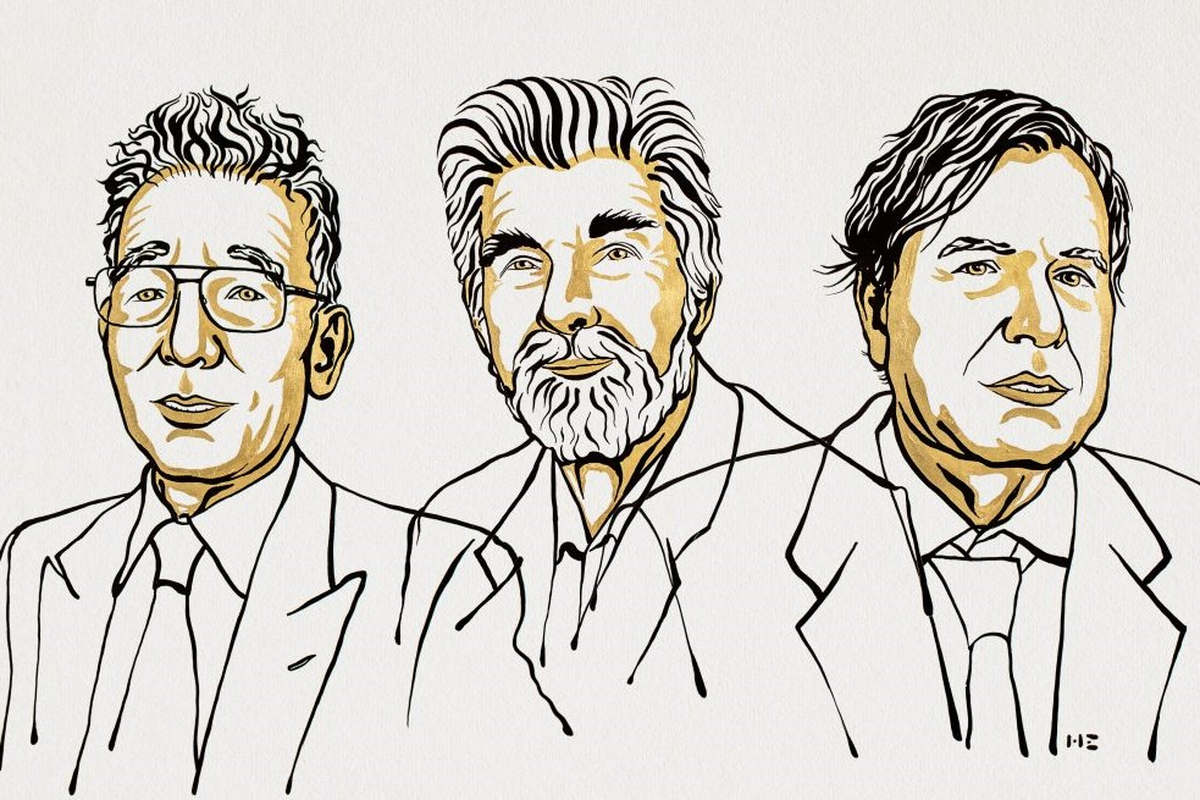Three laureates share the Nobel Prize in Physics this year for their studies of chaotic and apparently random phenomena.
The Nobel Prize in Physics 2021 is awarded half to Syukuro Manabe and Klaus Hasselmann “for the physical modeling of the Earth’s climate” and half to Giorgio Parisi “for the discovery of the interaction of disorder and fluctuations in physical systems, from the atomic to the planetary scale”.
Syukuro Manabe and Klaus Hasselmann have laid the foundation for our knowledge of the Earth’s climate and how humanity influences it. Giorgio Parisi is awarded for his groundbreaking contributions to the theory of disordered materials and random processes.
Complex systems are characterized by chance and disorder and are difficult to understand. This year’s award recognizes new methods for describing them and predicting their long-term behavior.
Rising temperatures
The Earth’s climate is a complex system of vital importance to humanity. Syukuro Manabe has demonstrated how increasing levels of carbon dioxide in the atmosphere lead to rising temperatures at the Earth’s surface. In the 1960s, he led the development of physical models of the Earth’s climate and was the first to explore the interaction between radiation balance and vertical transport of air masses. His work laid the foundation for the development of current climate models.
Weather and climate
A decade later, Klaus Hasselmann created a model that links weather and climate, answering the question of why climate models can be reliable when the weather is changeable and chaotic. He also developed methods to identify specific signals, fingerprints, that natural phenomena and human activities imprint on the climate. His methods have been used to prove that the increase in atmospheric temperature is due to human emissions of carbon dioxide.
Complex and disordered
Around 1980, Giorgio Parisi discovered hidden patterns in disordered complex materials. His findings are among the most important contributions to the theory of complex systems. They allow us to understand and describe many different and apparently totally random materials and phenomena, not only in physics, but also in other very different fields, such as mathematics, biology, neuroscience and machine learning.

